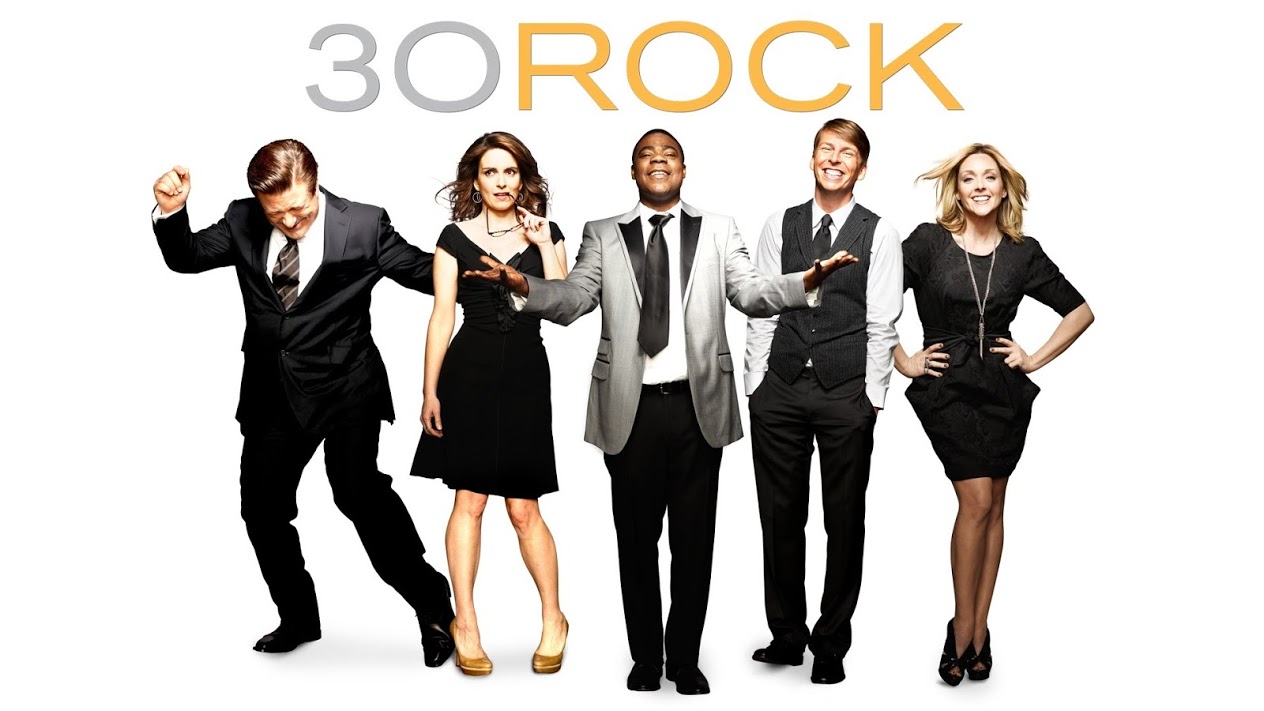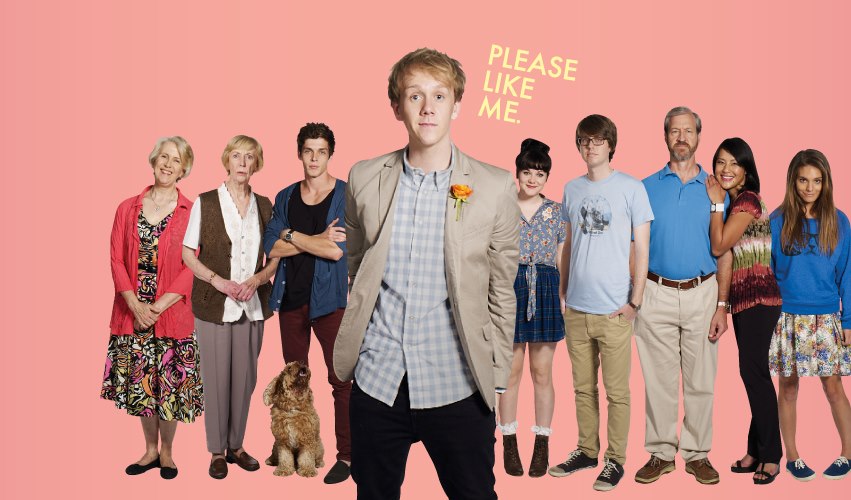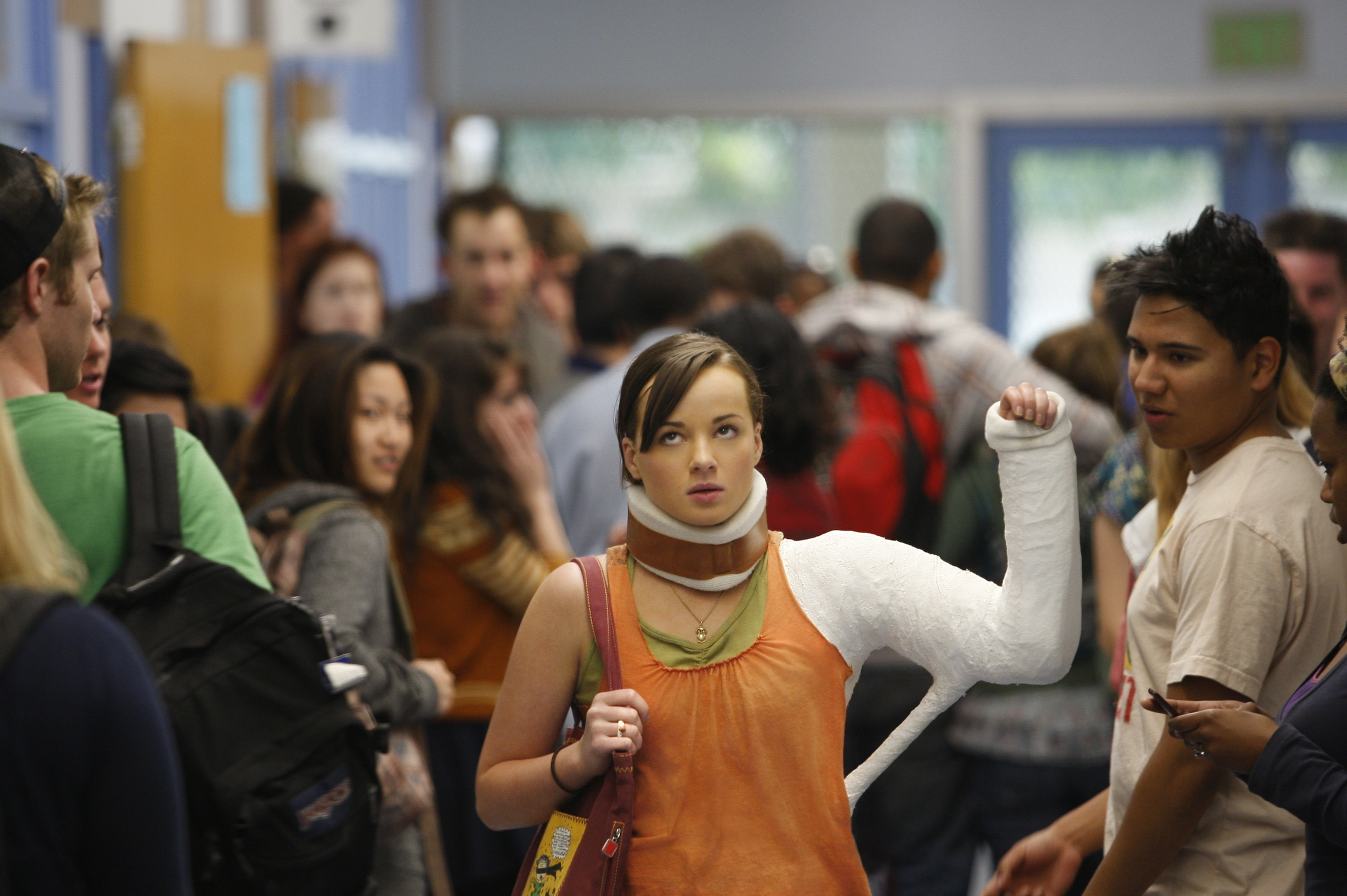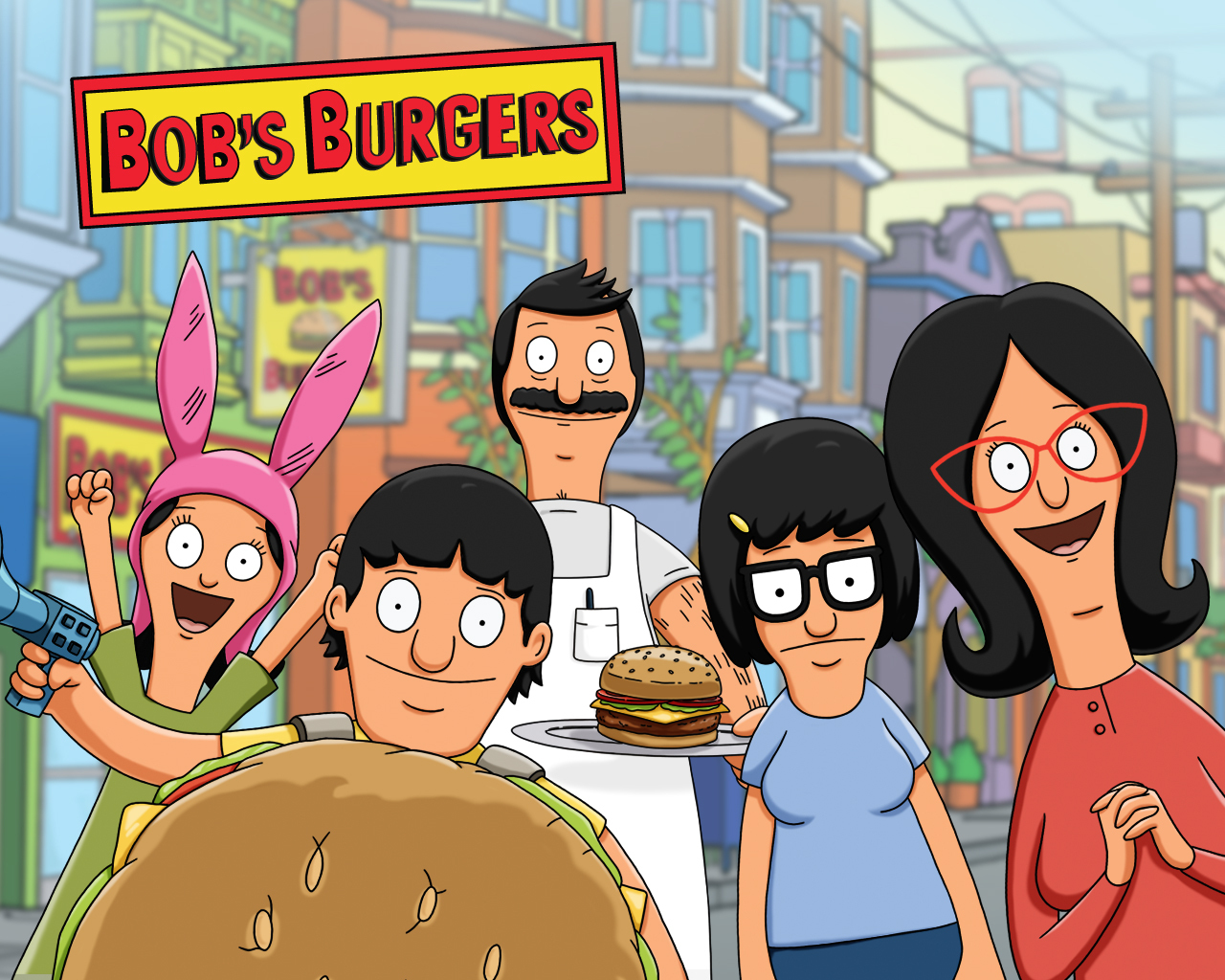TV with Tony: Why “30 Rock” Rocked
Following a binge-session which cost me a week of sleep, three tubs of ice cream, and my sanity, I can officially say that 30 Rock is by far the smartest and funniest sitcom of this era of television (this is purely subjective, of course, but that doesn’t make it less true.) More or less, 30 […]




